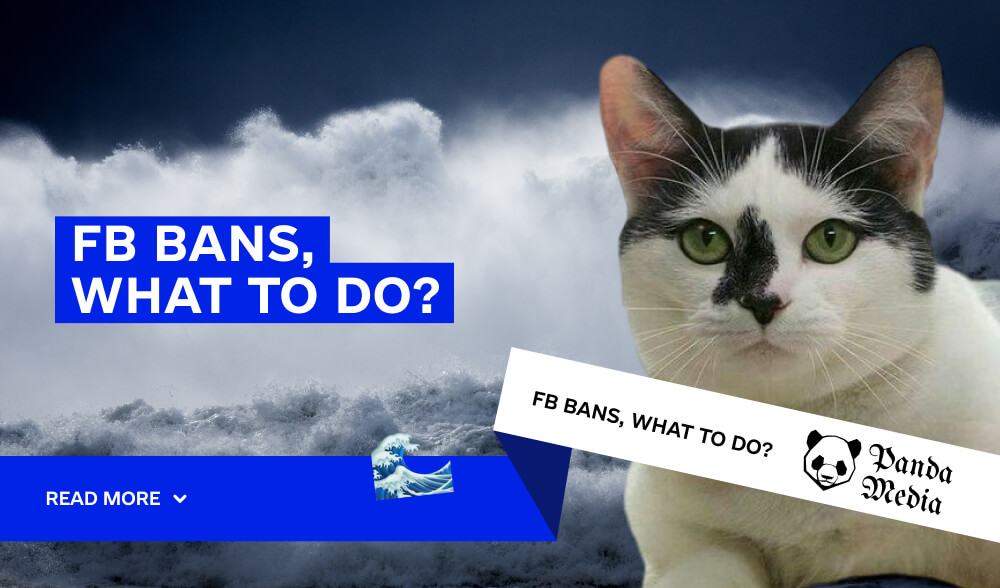Don't miss interesting news

Every time Facebook introduces new rules or there is another political escalation in the world, another “storm” begins. Everything goes wrong: campaigns fail to pass moderation, accounts are banned, and payments are frozen indefinitely.
Those who work with traffic through apps are already feeling the effects of this chaos – campaigns are blocked, sharing limits from providers disappear in a few hours, and the plugins themselves get flagged by Facebook, which destroys advertising campaigns. Because of this, it becomes very difficult to scale your connections and earn maximum profit.
What to do to reduce the impact of blocking accounts and advertising campaigns by Facebook, how to solve the problem with limits on app sharing, and how not to become dependent on the marks – more on this below.
In November 2024, the US will hold presidential elections, and Facebook is already preparing for a possible influx of fake news. Therefore, during such periods, ads and campaigns are blocked much more often than in normal times.
If you use WebView for advertising, you will have to buy new advertising accounts in bulk, because programs in the story do not live long – usually from 3 to 5 days. And on Facebook, a campaign can be banned literally the next day after launch. The arbitrageur has to upload the app to the Story again, wait for moderation, and launch the campaign all over again.
With PWA applications, there are much fewer such problems. Bayer binds PWA to a domain, puts one pixel on several applications, and analyzes the stats. When the campaign gathers 20-30 first deposits, the inst2dep metric increases significantly, and the cost of lead generation decreases. If Facebook blocks a domain with a loaded PWA, the arbitrager transfers the app to another domain in a couple of minutes and continues to run the same ad campaign.
The more banned accounts and accounts are, the more often you have to look for ways to distribute apps. But the possibilities of suppliers are not unlimited, and this is especially true during Facebook “storms”. Then the race begins – who can distribute the app to their accounts faster, or find new suppliers. It’s a constant headache for those who are driving traffic through WebView at this time.
Arbitrageurs working through PWA applications have almost no such problems. After all, PWA is not about the account, but about the pixel that can be distributed to many accounts at once. If a webmaster has several pixels, they can be easily linked to one PWA application.
However, there is another difficulty here – the correct pixel setting. If you forget a parameter, make a mistake with a link, or choose the wrong target, the pixel will not learn and become useless.
Recently, Facebook has started to label apps that violate the platform’s rules. This means that all advertising campaigns launched on such an application are automatically stopped, and even new ones cannot be launched.
If WebView receives a tag from Facebook, it will be impossible to remove it. Therefore, the arbitrageur will have to look for other traffic sources, upload a new application to the store, or promote his or her connection through PWA.
PWA-based applications are not subject to labeling. An arbitrager that runs ads on PWAs directs traffic to the site, not to the app from the store. The maximum Facebook can do, even in a difficult situation, is to block the ad account, stop the campaign, or ban the domain. This way, buyers can pour traffic and not worry that the campaign will stop for a few days due to blocking.
But arbitrageurs have another risk – if an ad account with a pixel is blocked, they will have to start training it from scratch. This means that you will need to generate leads again, which are more expensive than the payout on the offer, which leads to the loss of time.
We have clearly explained why PWAs are not subject to blocking, restrictions on distribution, or any markings from advertising platforms. That’s why PWA apps remain a stable and reliable tool for working with Facebook even in the most difficult times.